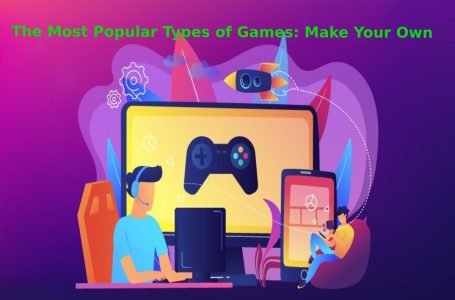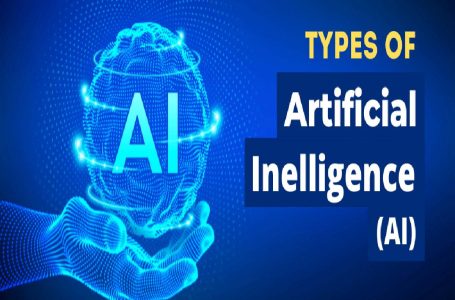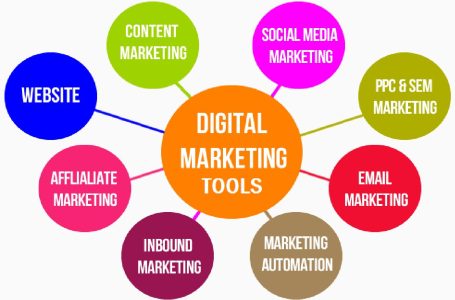Robotic devices, genetic modification, space work, and driverless cars are some of the advances in which we will probably live in a little more than a decade. The truth is that some samples of that future already sneak into our days.
Thirty years ago, it wasn’t easy to think that anyone predicted what we would be living in today technologically. Many things seem taken from futuristic movies of that time, although thinking about it, perhaps more than one thought about it.
Just over 30 years ago, technology innovators like Steve Jobs and Bill Gates claimed that in the future, every home would have its computers or that people would charge their own devices and live glued to a screen. This undoubtedly, at the time, may have seemed far-fetched. Still, today it is nothing more than a reality, and it is worth thinking that it is what the characters that dictate today’s technological advances feel of the future.
In 2030, technologies, including cloud computing, virtual and augmented reality, and artificial intelligence (AI), will all be used to deliver education. Global connectivity and an increase in student populations will drive the market expansion of technology in the education industry.
Disappearance from the Internet

Eric Schmidt, a former CEO of Google, released a somewhat risky statement, the world without the internet, but without the internet, we know now. Schmidt thinks that the network will fully integrate into our work. In wearables, the internet of things, there will be no borders between connected and disconnected. It will always be present without us necessarily realizing that it is there.
On vacation without travelling

Our next destination may not be as far away as today. At least that’s what Mark Zuckerberg thinks, founder of Facebook, is convinced that virtual reality will revolutionize our world, where even vacations can be taken from our VR glasses. This will be a complement, does not mean that real vacations will be replaced. This will be just a plugin.
Self-driving cars

This is one of the advances that paints it as reality sooner rather than later. Elon Musk, CEO of Tesla, a company that has become an innovation machine and at the centre of its vision is the development of autonomous cars, is already materializing this vision, working to bring the next automotive revolution to the whole world. Until self-driving vehicles become fully mainstream, we have advanced in-car technologies and cutting-edge safety features like the ones provided by Traffic Angel to upgrade our rides.
No more cash

Mobile devices and fintech will stop cash from being used as we currently do. Tim Cook, CEO of Apple, ensures that future generations will not know the sound of a lot of coins in the pocket of their pants, thanks to the development of payment methods and monetary exchange in the cloud and its ease of use through mobile devices.
Part-time jobs

In this vision, robots reappear in this future, now to change the working day of humans. Larry Page, the co-founder of Google, believes that the development of “automatons” capable of filling many positions now held by people will be such that part-time working hours will modify. The Google executive believes this will help avoid more mass layoffs, the day is more productive, and there is better conciliation. Now, he does not comment on the impact on workers’ payroll.
Conclusion
As you can see, our present already has what will be the first steps for everything we discuss in this article. Undoubtedly, a future like the one presented will be more than possible.
The globe will have significantly changed by the year 2030. The rate of technology adoption will impact by themes like cybersecurity and environmental sustainability. Artificial intelligence (AI), software, machine learning (ML), and semiconductor technology will all continue to advance quickly.
However, the advancement of the technology underlying the cloud, Web3, and metaverse will have the most significant potential to enhance the standard of both our lives and our jobs. Cloud computing will be the foundation of a secure and sustainable internet in the future. Virtual simulations will become more immersive and engaging in the real world due to augmented reality (AR) technologies. Additionally, non-fungible tokens (NFTs), cryptocurrencies, and blockchains will return control to people in the form of ownership.





